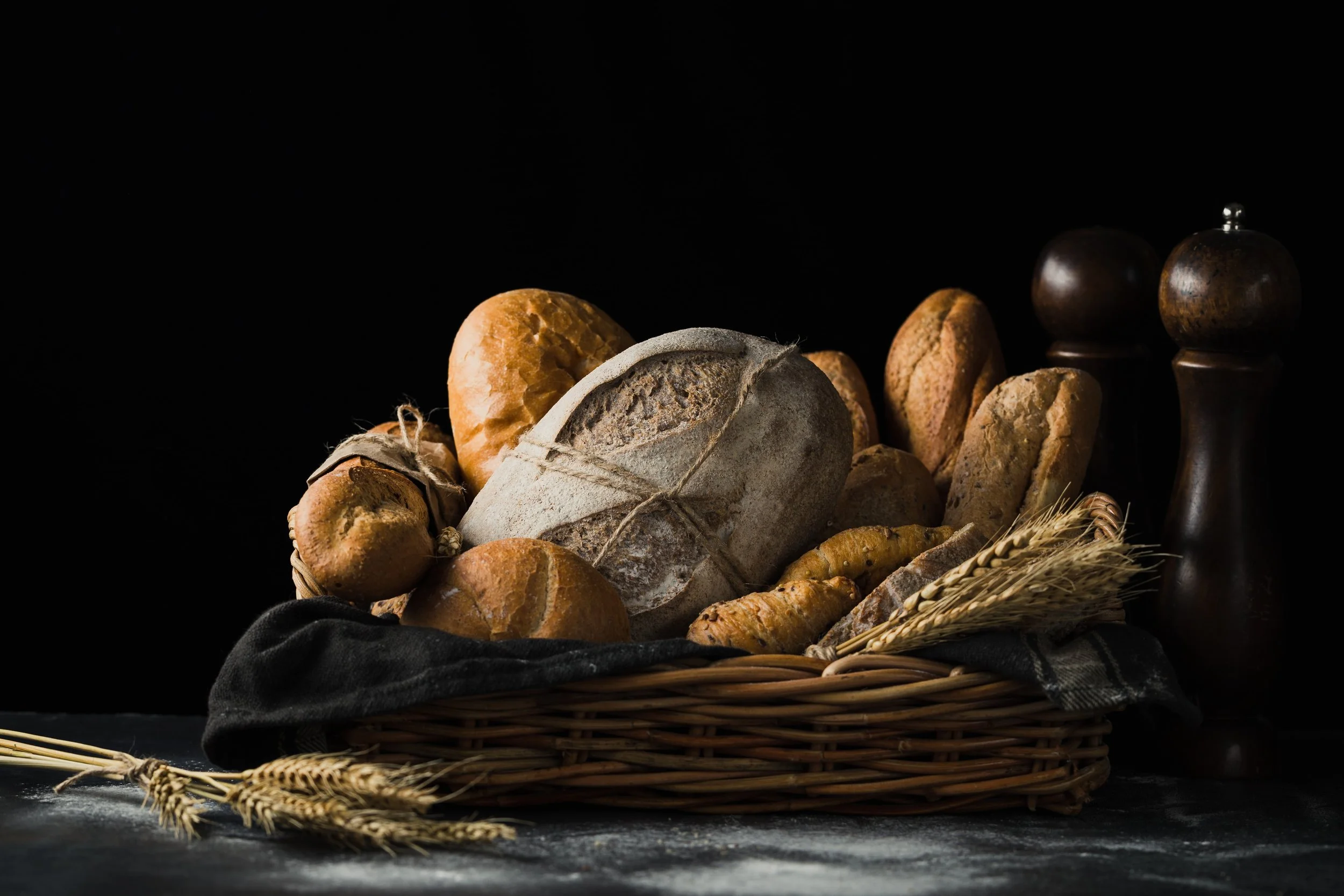Picky Eating in Children
/Do you remember as a child sitting at the dinner table with your family and feeling disappointed as soon as the plate was placed in front of you? Our parents worked hard to feed us (I hope), working, making sure we ate at all. But growing up as a fussy eater and regularly being served the things I couldn't bear was the thing that most baffled me. Kraft dinner was one of those dishes for me.
My parents did all they could because I was one of the unfortunate children in a low-income household. Seeing food go to waste was an awful outcome, but your parents made it the food knowing you didn't enjoy it.
It was a recurring theme. To the point where I didn't eat anything that night. I couldn't bear the stench, the noise of that squishy gross sound the noodles made with just a little movement, and the taste made me want to vomit. However, they continued to cook it. And it would be discarded the following day. Fortunately, my parents eventually stopped buying KD. There was no reason to when all the kids who liked it had moved out and the one kid who disliked it was too little to move out.
But that didn't stop my parents from cooking dishes they enjoyed but I didn’t like. I was a picky eater, and I couldn't eat things I despised. It wasn't the serotonin surge; it made me physically nauseous to eat anything my taste buds didn't approve of.
Now that I'm older, I wonder what the point is of forcing your child to eat foods they don't like. Obviously, there are some things you need in your body to keep healthy, but boiling broccoli the same way every day won't change how it tastes to someone.
Try a different recipe—and no, vegetables do not belong in brownies or smoothies—stop hiding veggies from your kid (This may erode your child’s trust). Experiment with other recipes for the item they dislike. It could be the way you cook it rather than the food itself.
However, if your child is anything like me, any variant of Kraft dinner makes me want to cry. Talk to your kids about the foods they enjoy eating—of course, they can't have ice cream every day. However, communicating and preparing food that everyone appreciates reduces the likelihood of waste.
When children grow up, they will not buy broccoli and boil it as you did. They will purchase foods they enjoy eating and explore new meals they have not tried before. So, why are you teaching your child to force themselves to eat foods they dislike?
Why not teach them diverse ways to cook things, and explore other options? It is selfish to prepare dishes that we enjoy but that others dislike. We would never do that to a guest, so why would we do it to your own family?
Here is a recipe I loved as a kid even though I had a small palette. Remember, if you do not like anything in the ingredients list, swap it out for something you do. Nothing must be exact.
Spinach Strawberry Walnut Salad
Ingredients Baby spinach
Strawberries
Walnuts (or any type of nut)
Strawberry salad dressing
No need to worry about measurements, add portions you feel are right.
Directions
Add spinach to a large salad bowl and drizzle with the amount of salad dressing you desire.
Gently toss to coat.
Sprinkle dressed spinach evenly with strawberries, and walnuts.
Cat .M — I've grown so accustomed to my nickname that if you addressed me by my full name, I wouldn't respond. But just for the record, my full name is Catherine. M I'll mostly talk about the world's problems, but I'll only do the bare minimum to fix them. Maybe it's a lack of motivation, but when all you hear is how bad the world is, you grow up not caring. I hope you find a little bit of positivity in my posts!








